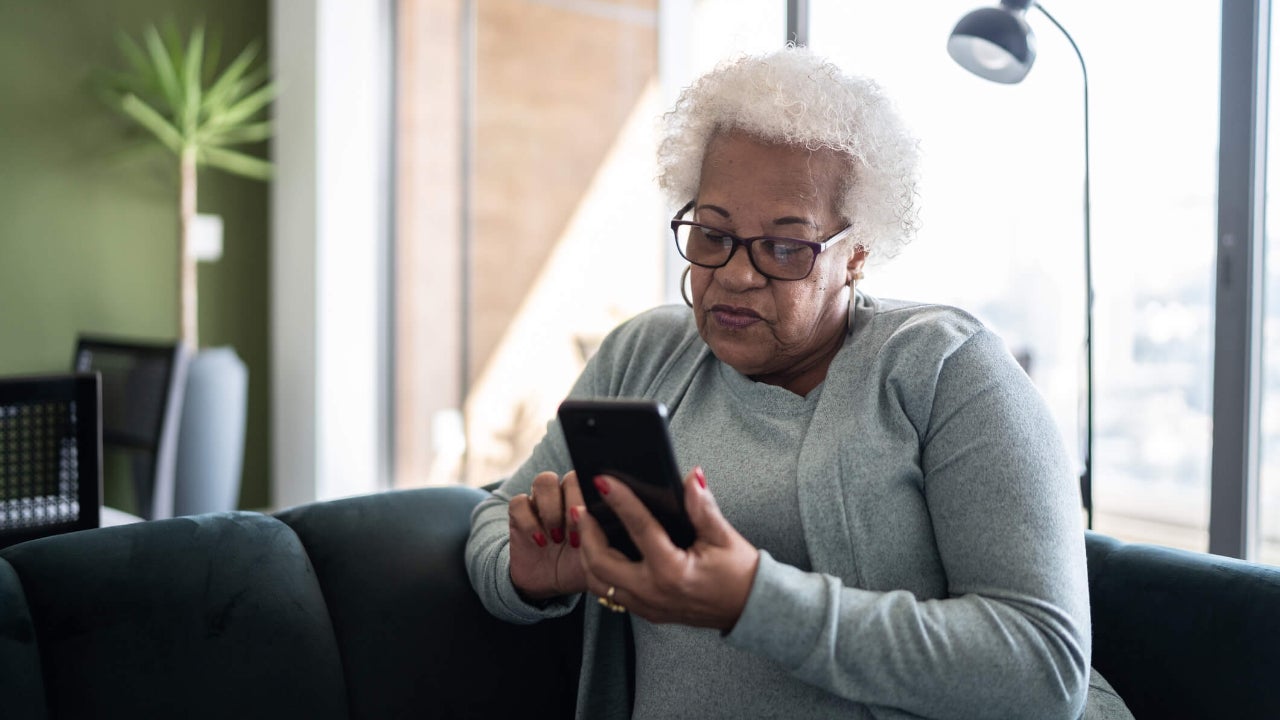Can a hotel charge my credit card without notification?




Key takeaways
- Like other types of businesses, hotels cannot charge your credit card without your authorization.
- Hotels and motels do put a temporary hold on your credit card when you check in that can be used for damages or purchases charged to your room.
- If you notice a hotel charge on your credit card that doesn’t seem correct, you have the legal right to dispute the charge with your credit card company.
Finding an unexpected charge on your credit card is a fairly common occurrence, even if it catches you by surprise. For example, you may notice a charge that was put on your account by mistake or one you don’t recognize because of the billing information listed. However, an unexpected charge on your credit card can also be one of the earliest signs of fraud — a signal that a thief has access to your physical credit card, your credit card number or both.
An unexpected charge from a hotel may be cause for alarm, or it may have a reasonable explanation. If you’re facing a surprise charge from a hotel you’re staying at or have stayed at in the past, here’s what you need to know.
Can a hotel charge a card without my authorization?
Businesses cannot charge your card without your permission in any scenario. Companies always have to get your authorization first, and this holds true whether you’re paying in-person, with your smartphone or for any other card-not-present transactions. Hotels — extended-stay or otherwise — are no exception to this rule.
Hotel payments and policies
Hotels are considered merchants and, therefore, must get your consent as the cardholder before charging your card. However, the list of charges they get consent for can include more than just your room rate, taxes, resort fees and other listed charges. For example, hotels can authorize a temporary hold on your card at check-in that covers your expected hotel bill as well as a nominal amount for “incidentals,” including any damages or on-site purchases you make.
Temporary holds for incidentals can be thought of as an initial security deposit. The money charged is held in your account against your credit limit, but it isn’t actually charged unless payment is warranted after your stay. If you don’t incur any incidental charges while at the property, this hold will be reversed following your stay.
If you’re planning a hotel stay, read over the hotel terms and conditions before handing over your credit card. Doing so can help you understand which charges will appear on your credit card statement and when.
Reasons why a hotel may charge your card without notification
Here’s a rundown of some reasons a hotel could charge your card without notifying you first.
- Damages: The temporary hold placed on your credit card by the hotel can be used to cover damages to your hotel room, whether you broke a piece of furniture or violated the property’s no-smoking policy.
- Minibar charges: If you helped yourself to the minibar in your hotel room during your stay, the property will charge you for each individual item.
- Other in-room purchases: Some hotels and resorts also charge for other items in a hotel room, including snacks, robes and on-demand movies. Charges for these items should be clearly displayed in your room.
- Prepaid charges: For an extended stay, the authorized hold that a hotel or motel places on your credit card typically “prepays” the period you expect to stay. The hotel can also charge the card on file at periodic intervals by placing a hold on your card for the money due.
- Room service: Room service charges can also show up on your credit card bill after you check out, especially if you ordered food to your room on the day of departure.
- Valet parking: If you used valet parking during your hotel stay, and you didn’t pay for this service separately, the amount you owe can be charged to the card on file.
Note that the charges listed above will typically be deducted from the amount of the temporary hold you were charged when you checked into the hotel. However, you may be charged for amounts that go over the security hold separately. For instance, if you cause damages in excess of the hold amount, you may be billed for the full cost (though hotels are usually required to provide an itemized list of charges made in this case).
How long does a hotel have to charge for damages?
Hotel policies regarding property damage can vary. Not only do individual hotel and resort brands have their own processes when it comes to reporting and charging for damages, but booking platforms can institute their own policies for properties they partner with as well.
For hotels available on the Booking.com platform, for example, hotels have up to 14 days to submit a damage payment request once the guest checks out. Even then, guests can only be asked to pay up to a certain amount in damages that was specified by the property when they partnered with Booking.com.
How to protect your credit card from unauthorized transactions
If you use a credit card to pay for a hotel room or to cover the initial deposit required for damages or incidental charges, there’s not much you can do to stop hotels from charging allowed expenses to your card without notifying you. However, credit cards have a big advantage over debit cards when it comes to unauthorized transactions in the form of $0 fraud liability policies that help cardholders get incorrect, unauthorized charges removed from their accounts.
If a hotel charges your card in a way that is incorrect or fraudulent, you have the legal right to dispute the charge with your credit card issuer within 60 days of it showing up on your credit card statement. At that point, the charge will be temporarily removed from your bill while the issue is being investigated. From there, the company has 30 days to notify you they’ve received your dispute. If the charge is indeed incorrect, you will not have to pay it, and the credit card company will permanently remove it from your bill.
The bottom line
Businesses cannot legally charge your credit card without authorization. However, the way resorts, hotels and motels operate can lead to misunderstandings when it comes to your bill.
Hotels will typically get your authorization to place a hold on your card at the time you check in, and they don’t generally need to notify you every time you’re charged for allowed expenses — even if these charges go beyond the amount of your hold. This can lead to surprises if you do considerable damage to your hotel room, or if you go overboard when it comes to your in-room minibar or food deliveries to your room.
If you have an open-ended stay and are concerned that you don’t have adequate credit on the card you used when you checked in, talk to your hotel management and switch to a different card. If you stay in hotels frequently, consider getting a co-branded hotel credit card or a travel rewards card that could at least bring down your overall hotel costs via points, miles or cash back.
Why we ask for feedback Your feedback helps us improve our content and services. It takes less than a minute to complete.
Your responses are anonymous and will only be used for improving our website.





